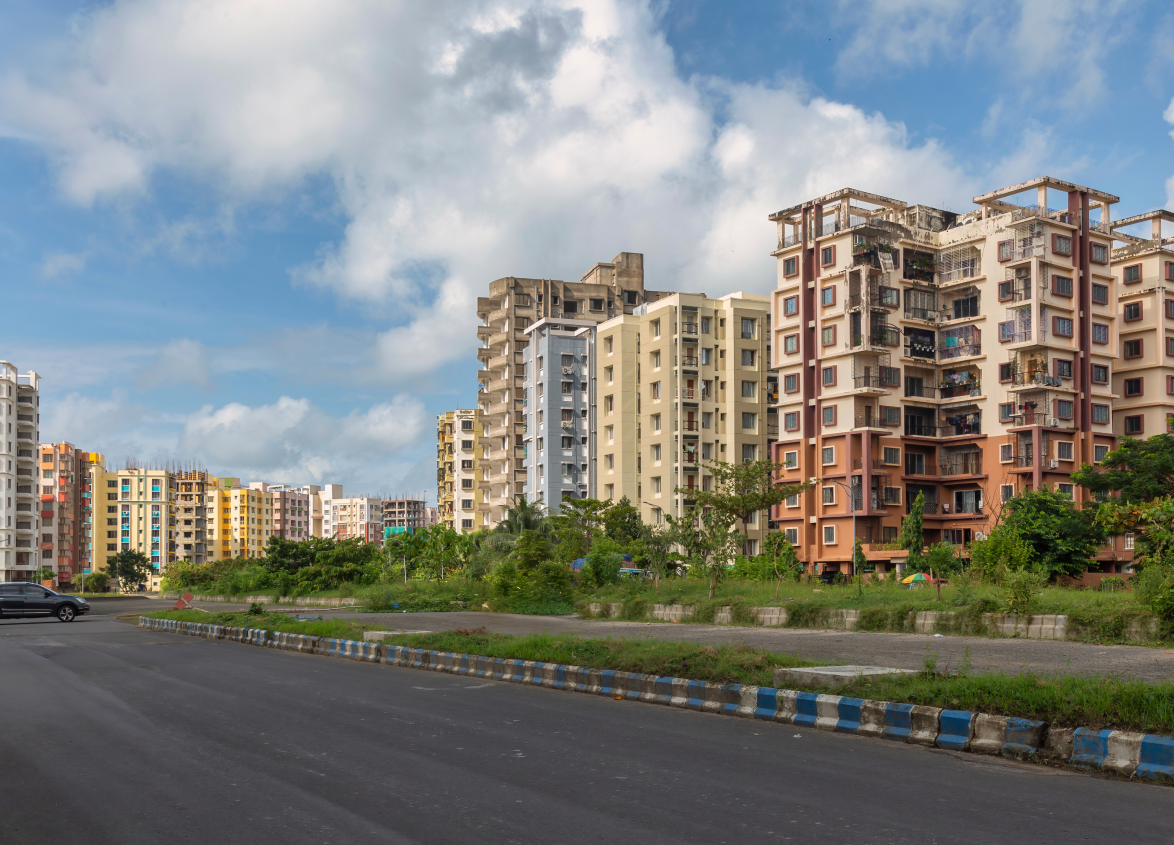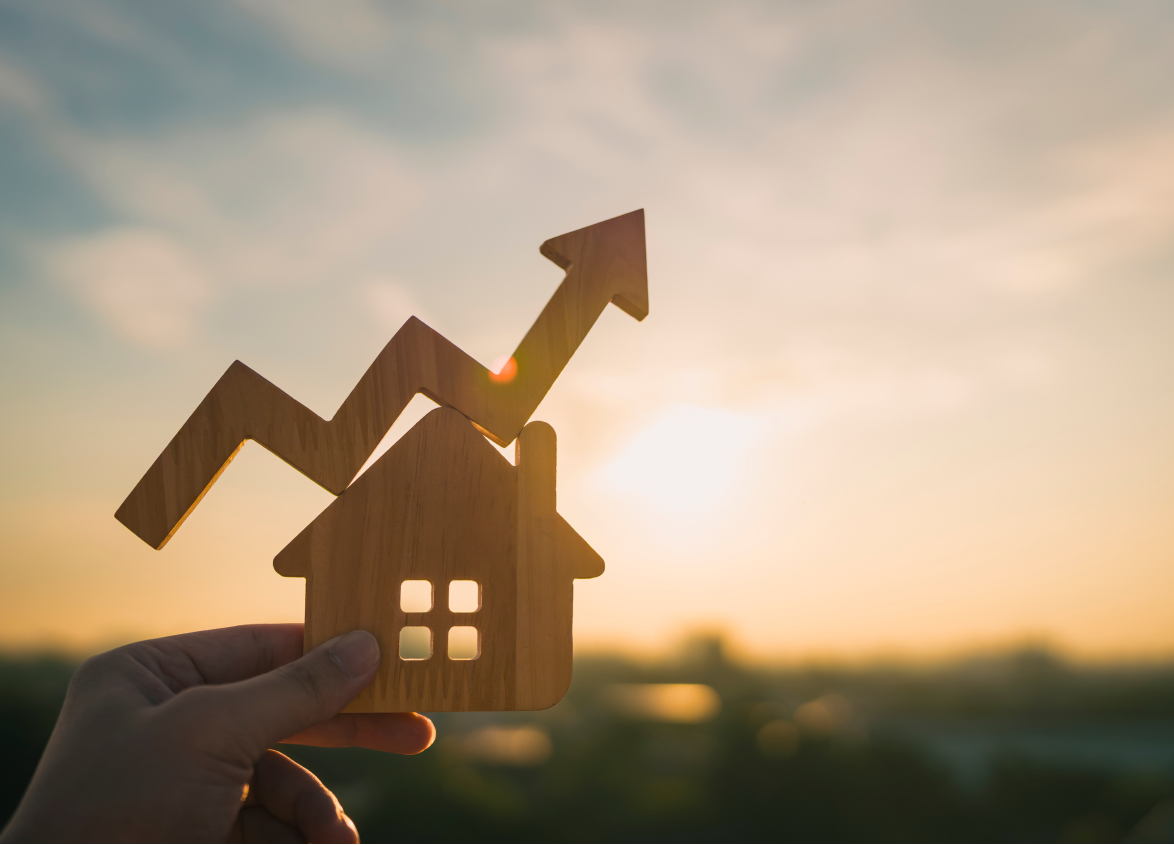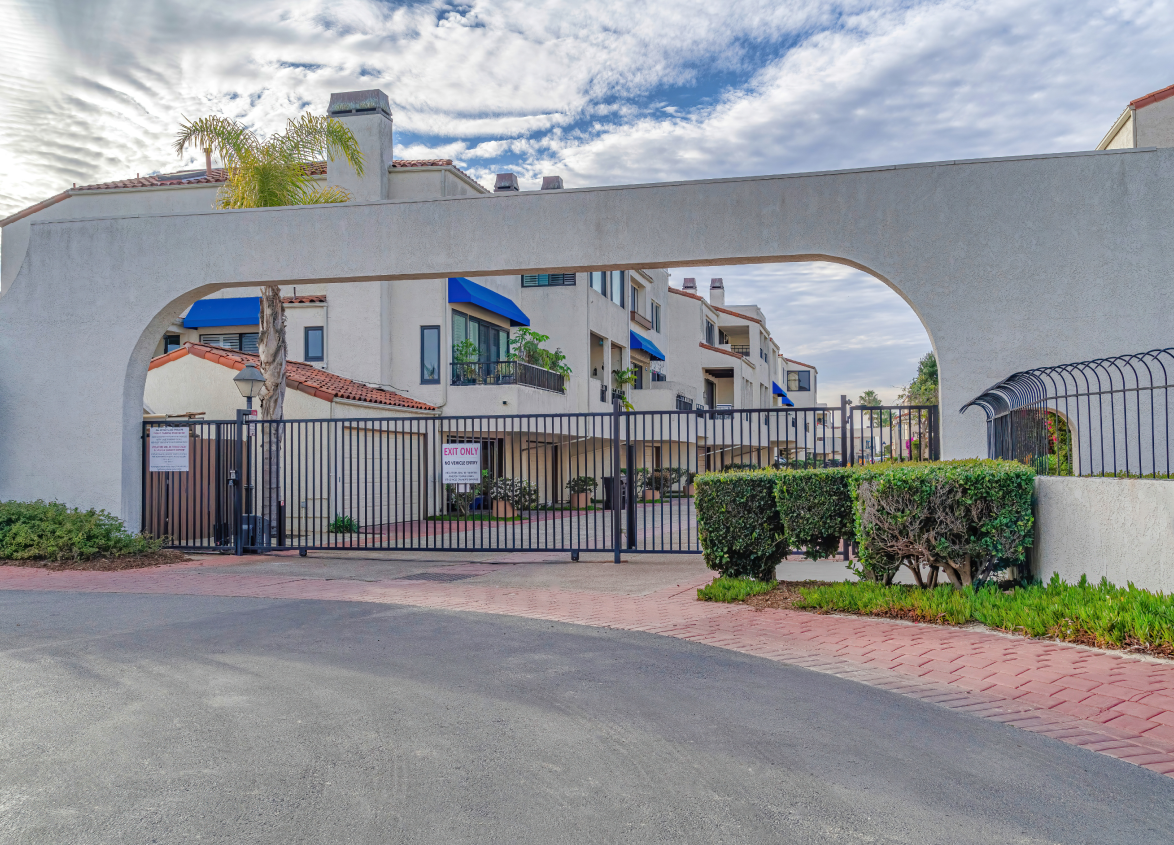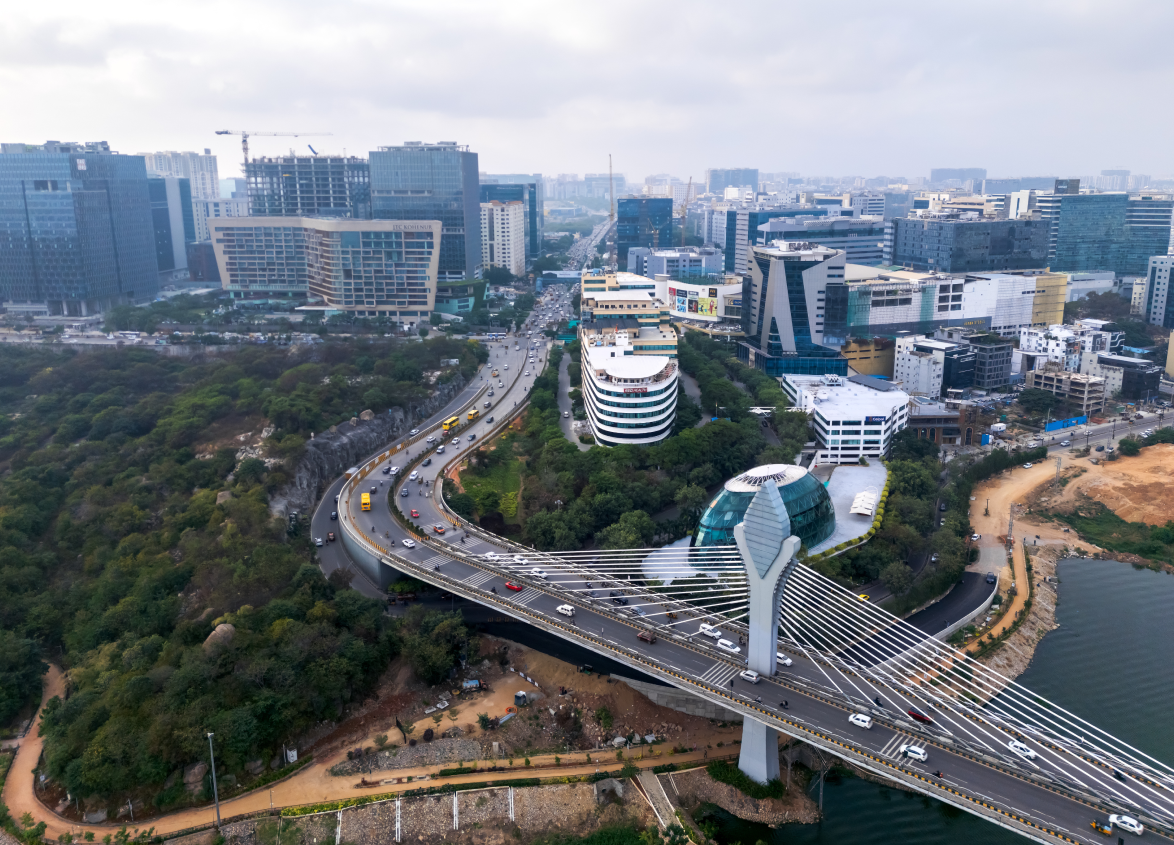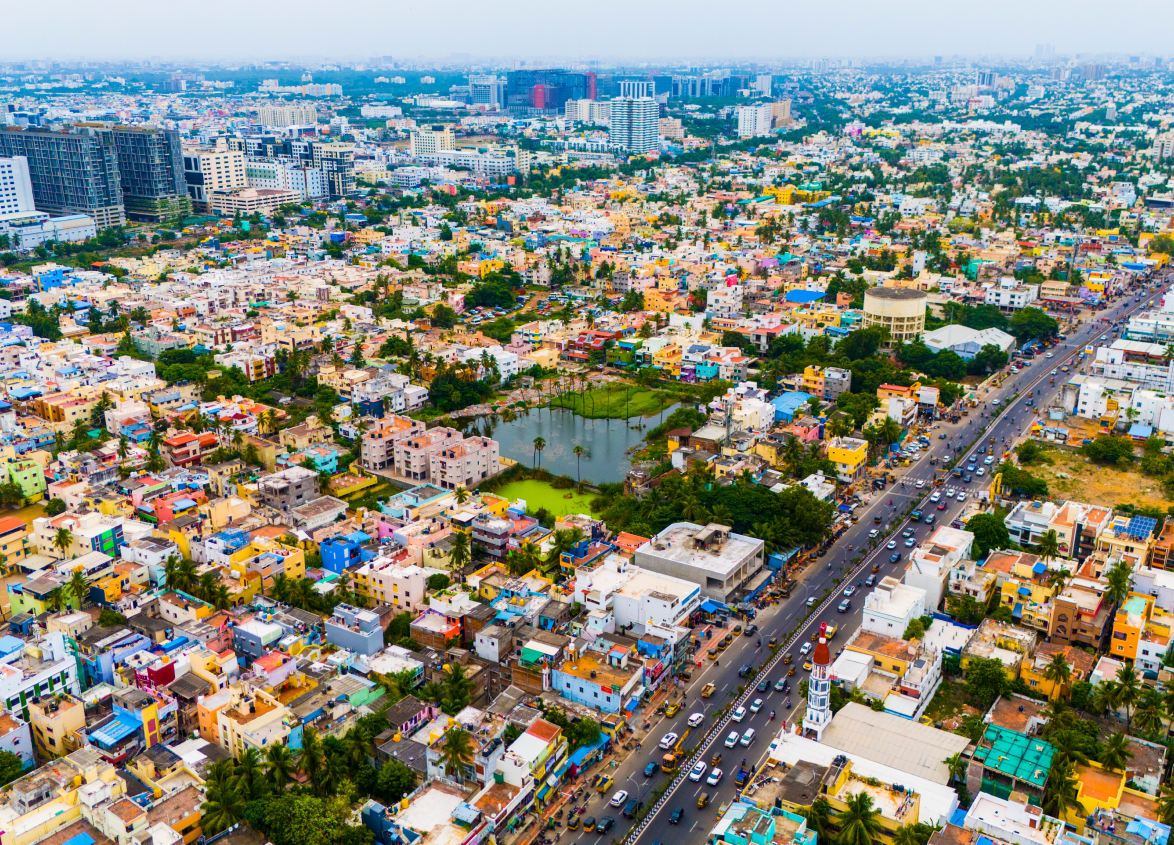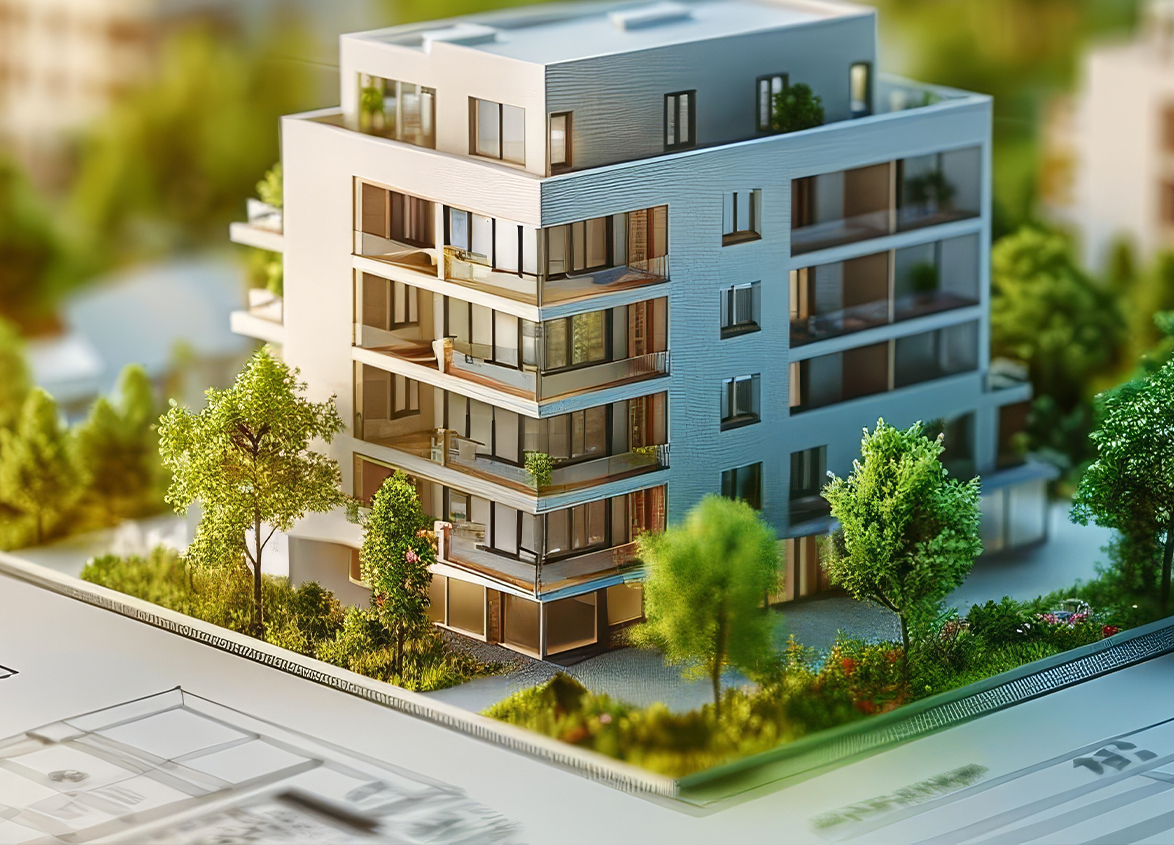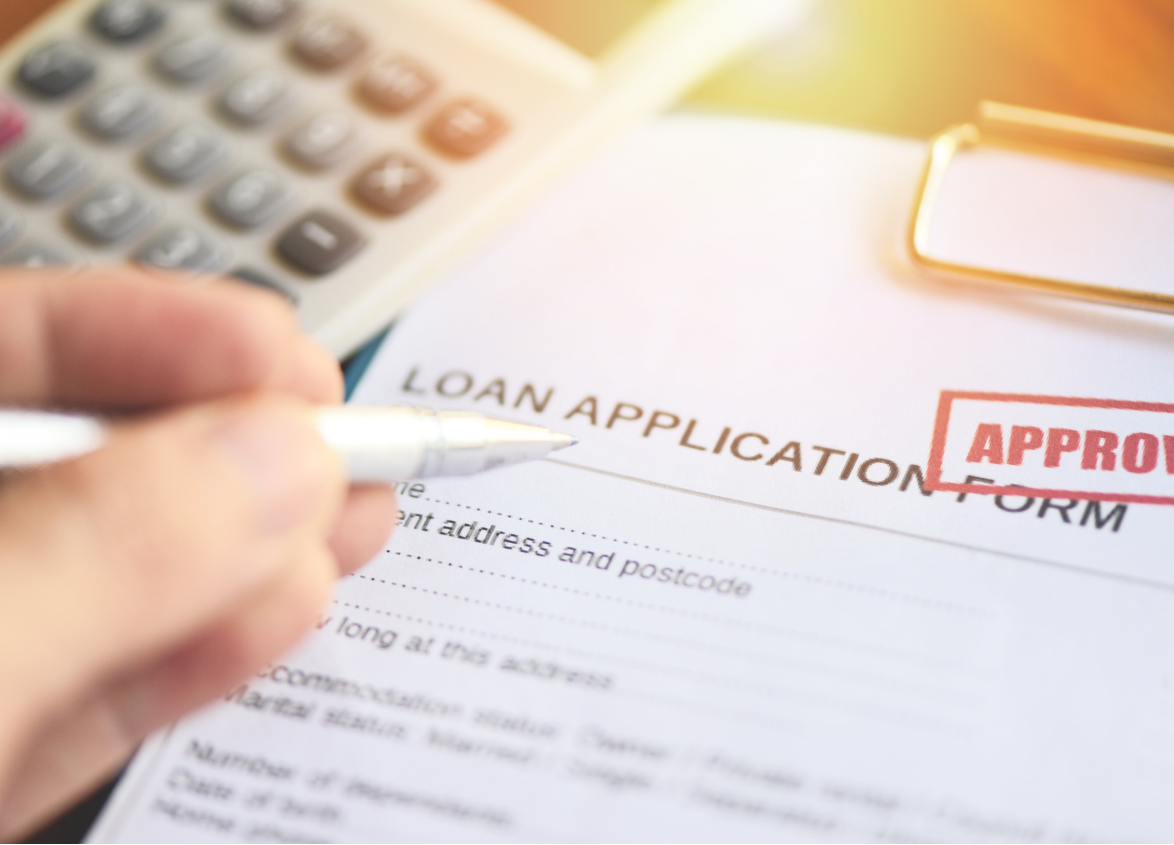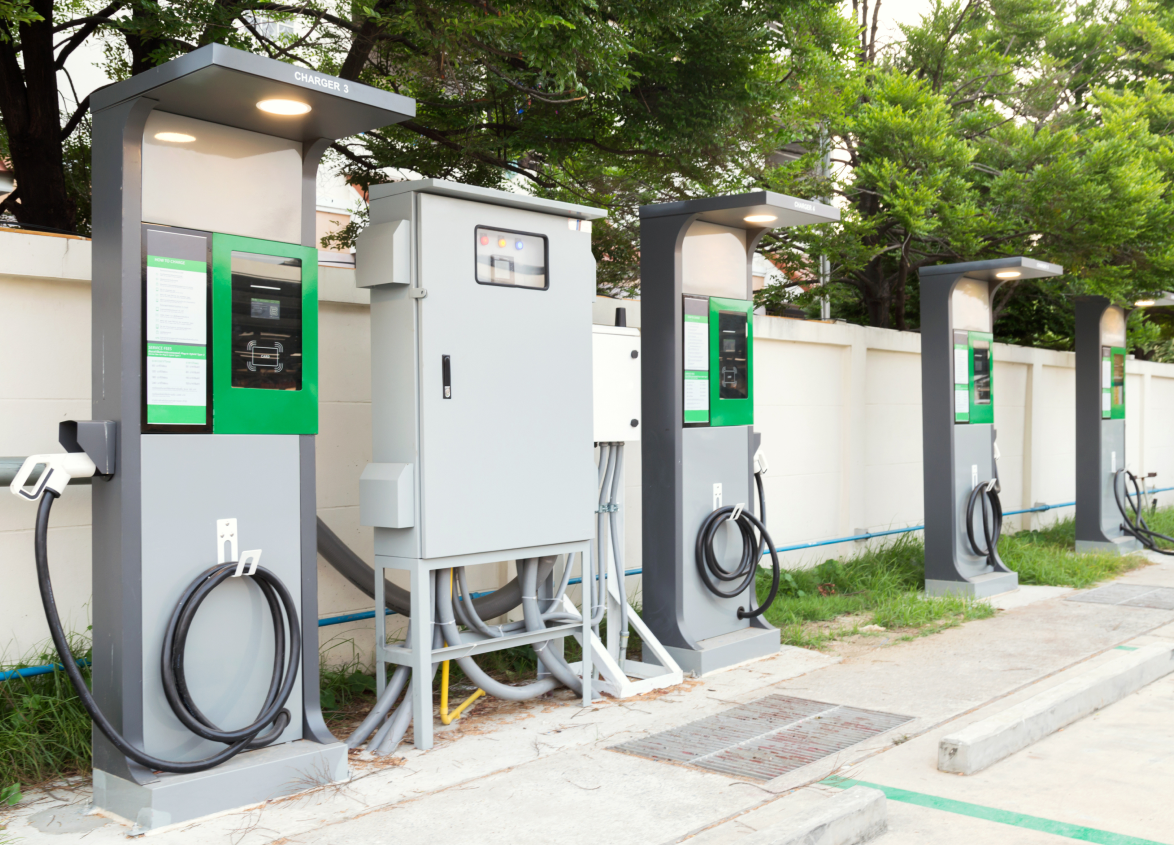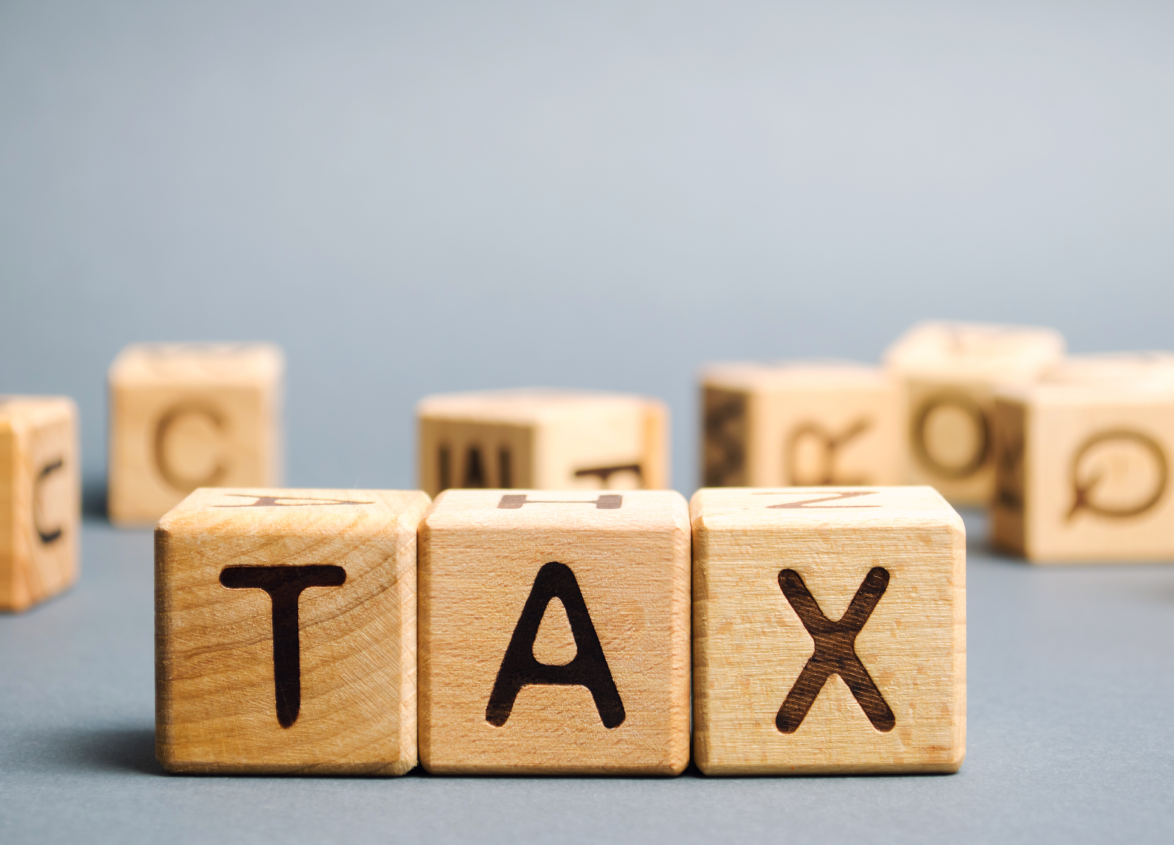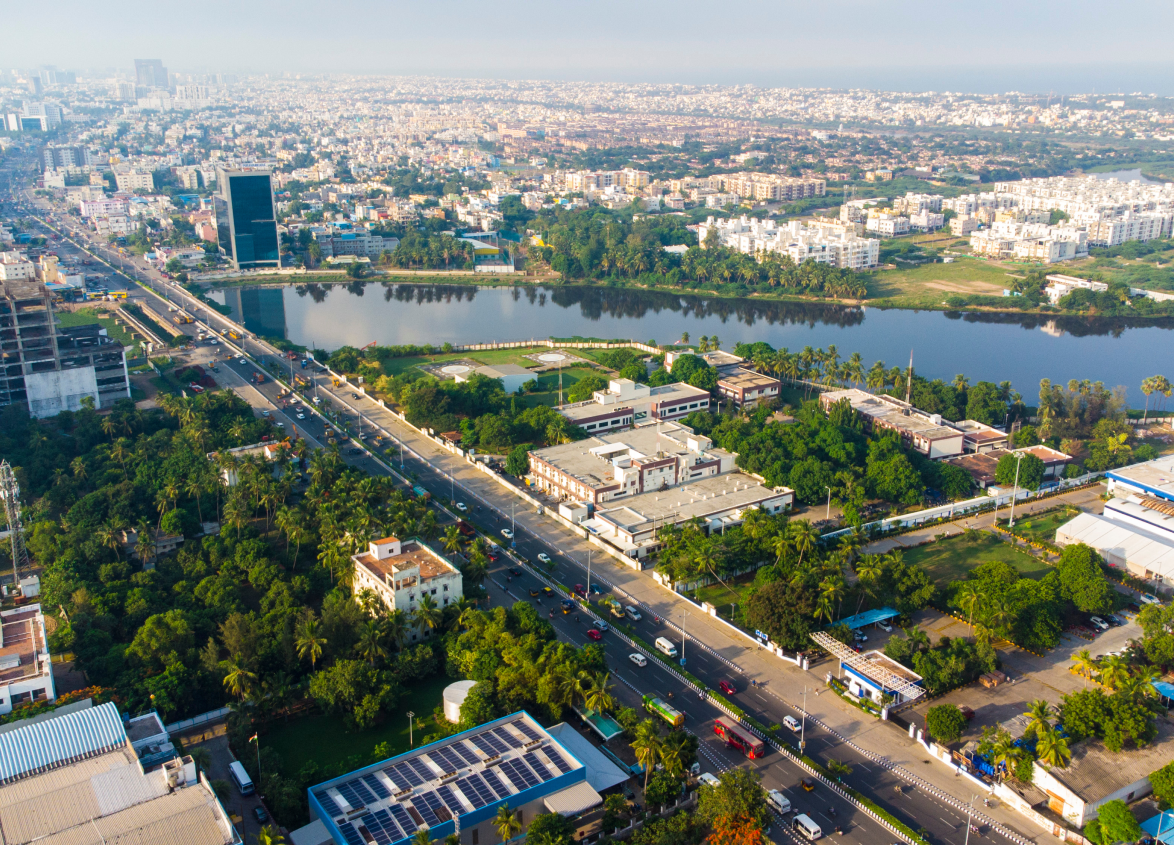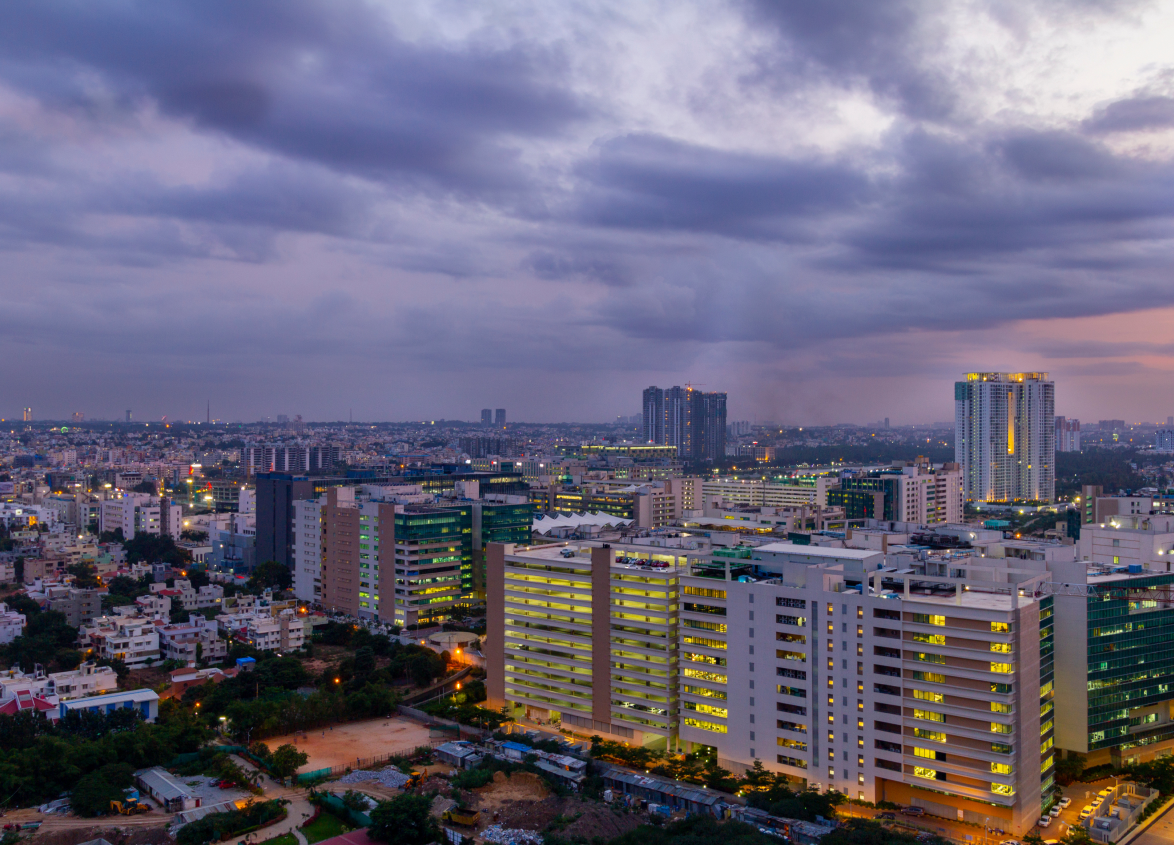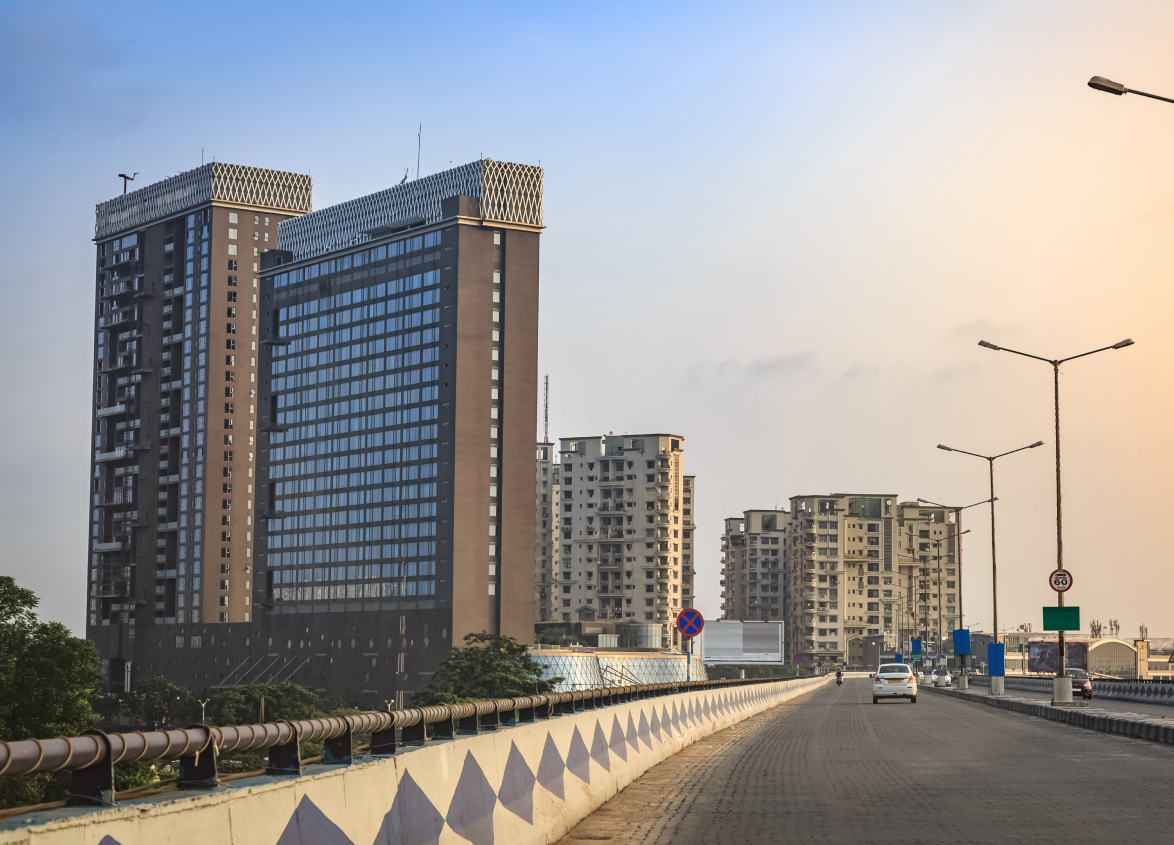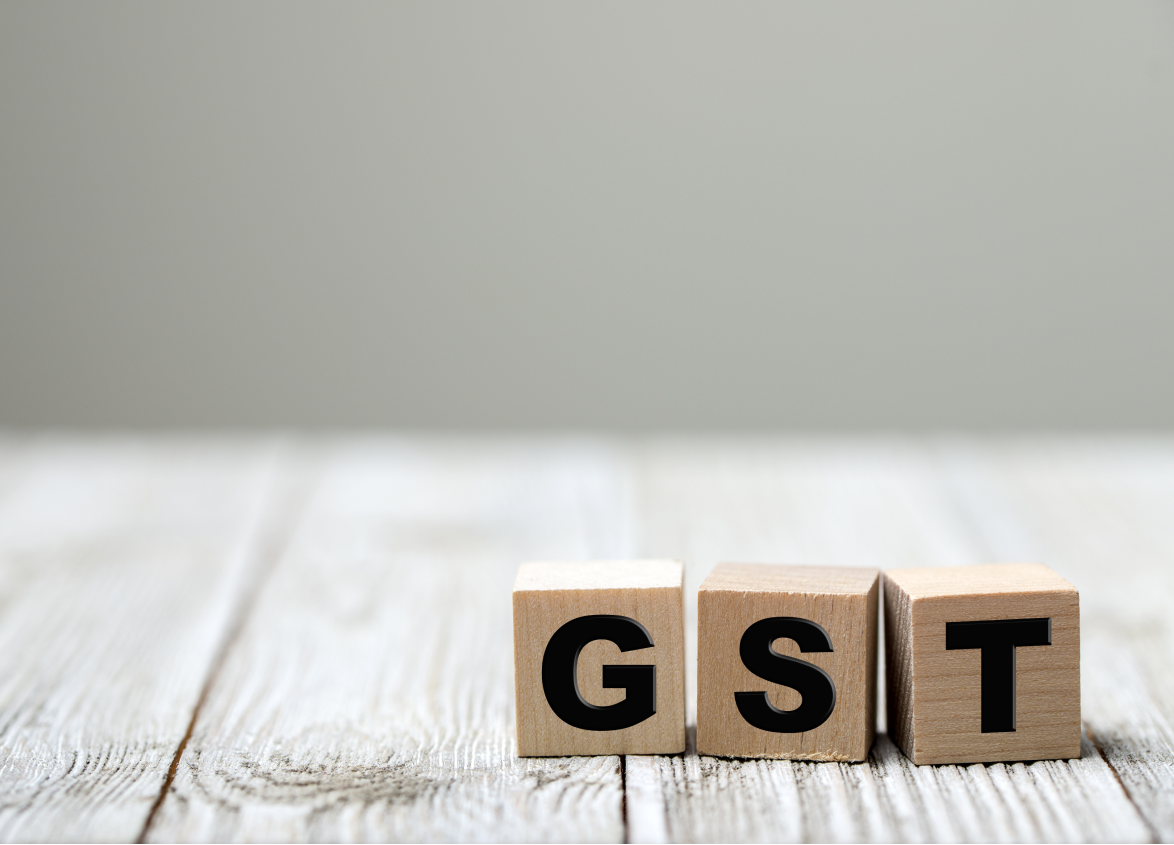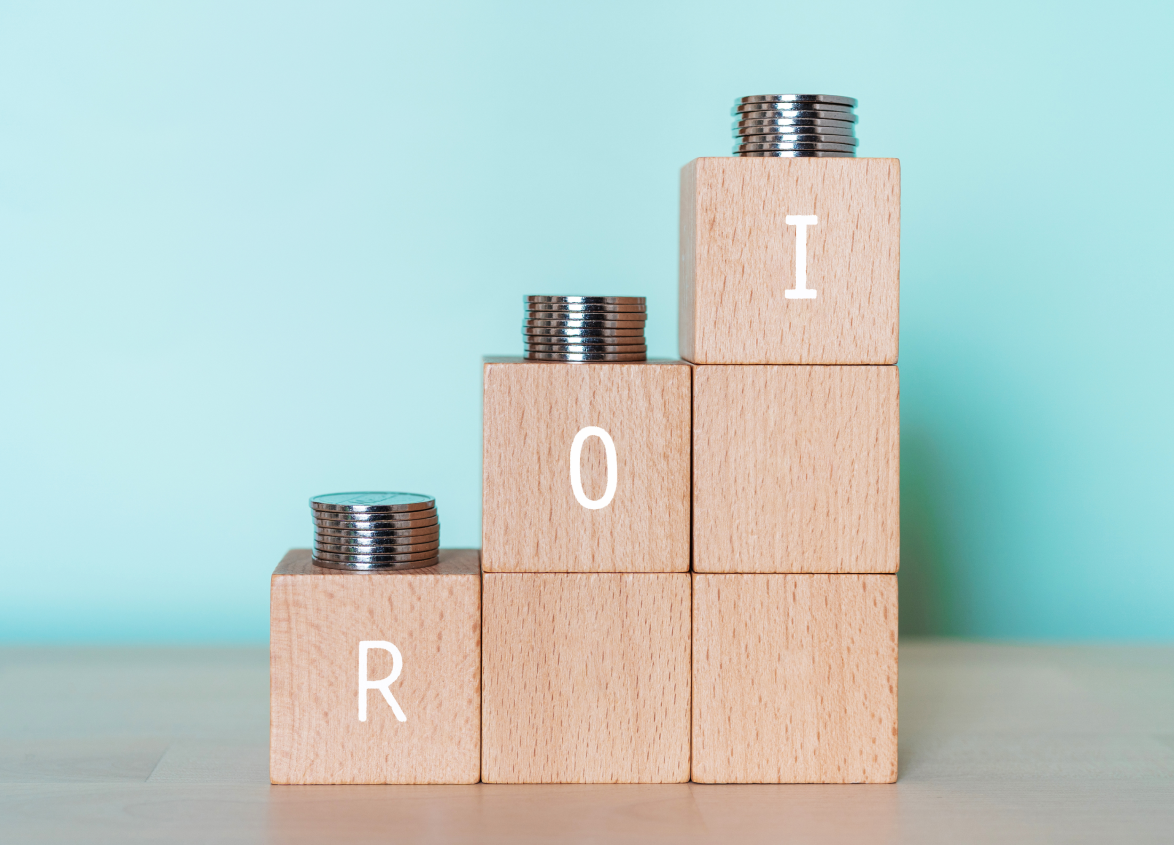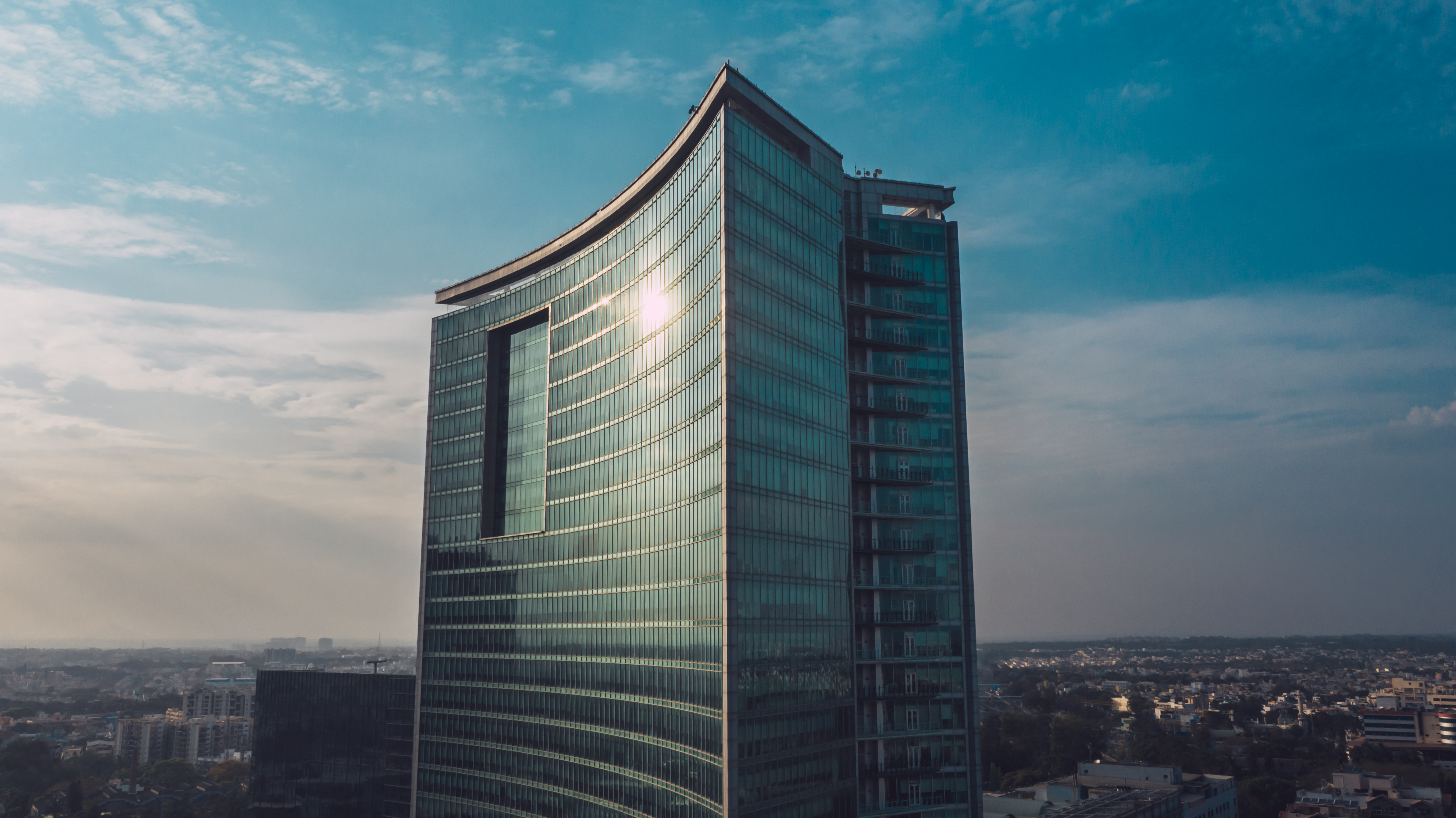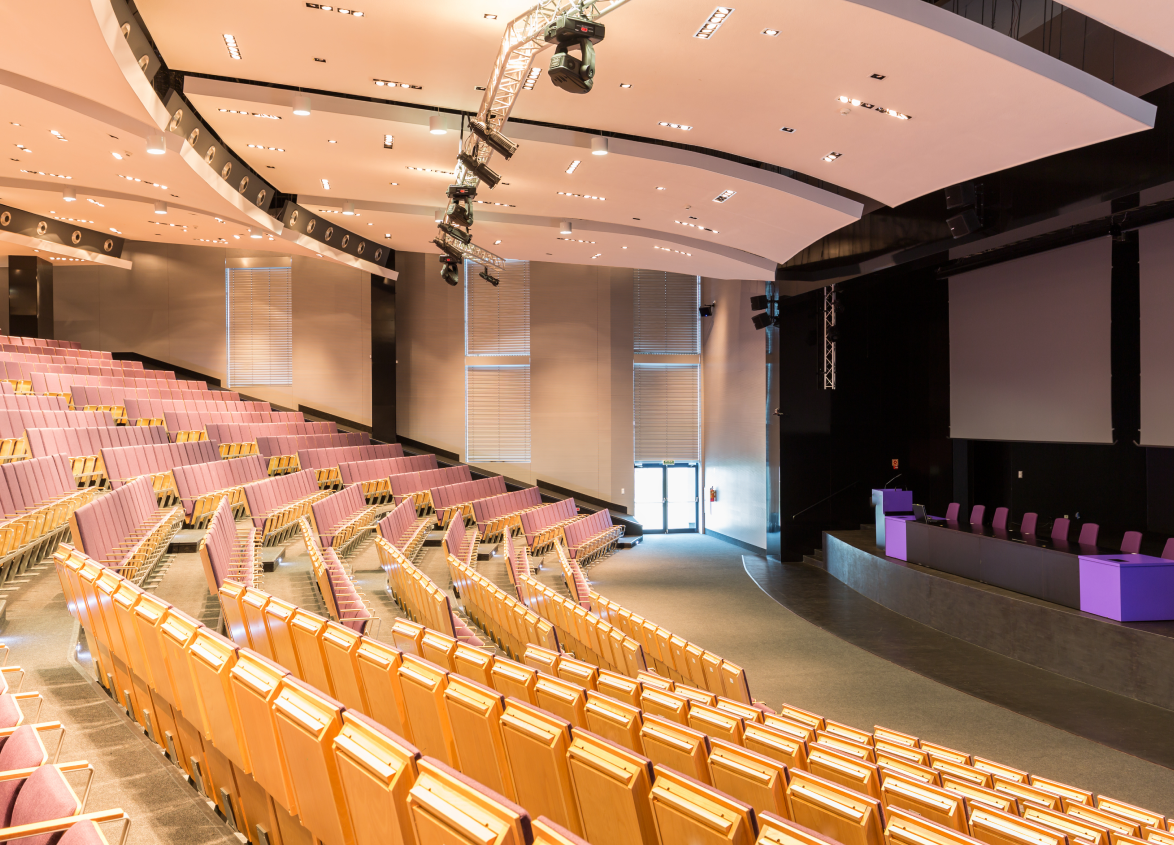
General
ESG and Real Estate: Why Responsible Real Estate is the Future
June 16, 2023
Businesses in every sector are taking stock of their impact on communities. This is imperative, especially with the global spotlight on Environmental, Social and Governance (ESG) policies and obligations. The real estate sector is responsible for combating climate change and encouraging sustainable lifestyles. When nearly 40% of global carbon dioxide emissions come from the real estate sector, there has to be some accountability on the part of the developers.
Real estate sustainability and the ESG framework have become increasingly vital to investors, developers, occupiers and homebuyers. ESG in real estate can help developers increase the energy efficiency of their structures, lower their carbon footprint and increase the marketability of their properties to renters and buyers.
ESG shaping the narrative for real estate
Projects with ESG on track have lower operating costs from renewable energy sources. Implementing green building techniques, using eco-friendly building materials and integrating energy-efficient systems help keep rents down and make buildings more affordable for tenants or buyers.
In the long run, developers that ignore severe environmental issues often face high energy bills, financial penalties and reputational harm. Resilient urban communities, inclusive on all levels – socially, environmentally and economically - are transforming the real estate landscape.
ESG for real estate has a multipronged role in every aspect of the value chain within the industry. Obtaining sustainability certifications such as LEED® (Leadership in Energy and Environmental Design) and WELL Building Standard® can make developments more attractive to potential tenants and buyers.
Government’s nod for green real estate development
Sustainable living is deeply rooted in Indian culture. Real estate ESG has already received the green signal, with many states and central government agencies shifting their focus to green buildings that promote energy conservation. Here are the various financial incentives offered by the Indian government for projects and developments that incorporate sustainable building practices:
Tax Benefits – Developers of LEED-certified buildings can claim tax benefits through the Income Tax Act, allowing them to claim up to 100% depreciation on the cost of solar panels, rainwater harvesting systems, and waste management systems. There are also state-level subsidies and tax exemptions for energy-efficient buildings.
Loans – Building projects with green certifications can get low-interest loans through the Indian Renewable Energy Development Agency (IREDA).
Public procurement – A new policy requires all government buildings to meet green building standards.
Fast-track approvals – Certified green buildings are eligible for incentives, such as fast-track approvals, expedited inspections and reduced building fees.
ESG compliance is the new normal for real estate
There is growing pressure on building owners, operators and occupants to ramp up their carbon reduction efforts. Achieving net zero carbon emission can help preserve the asset value to a great extent. Our properties like Brigade Valencia is implemented using green building techniques. On the other hand, Properties with low-grade environmental performance fail to attract occupiers and investors anymore. Cleaner construction sites are encouraged by recycling materials and increased use of renewable materials.
Lately, there have also been several changes to the guidelines and regulations related to ESG investments at a global level. Real estate developers must achieve the 17 sustainable development goals outlined in the UN 2030 Agenda for Sustainable Development for a more sustainable future.
Millennial investors have become highly cautious about environmental issues under ESG standards. They understand the value of ESG performance to create a positive long-term impact. In the future, ESG in real estate and its metrics can shape and influence real estate valuation and investments.
Conclusion
Apart from helping the environment, incorporating eco-friendly construction materials or using energy-saving measures, such as intelligent technological heating or ventilation, also boosts the investment performance of the project. An ESG-focused infrastructure system benefits the community by conserving essential natural resources.
At Brigade, real estate sustainability is imbibed at our core and encouraged by the management to deliver environment-friendly projects. Last year, the group’s notable ESG performance highlights were the utilisation of 21% renewable energy in operations and 132 million tonnes of recycled materials. As for energy reduction achievements, around 693 gigajoules of energy was saved across all assets through various initiatives.
Developers and investors wanting to strengthen stakeholder connections, increase market appeal, and create long-term value must take notice of real estate ESG. Prioritising sustainability, community participation and good governance will gain prominence to create a more responsible real estate industry.
Reference Links:
- https://www.unepfi.org/themes/climate-change/40-of-emissions-come-from-real-estate-heres-how-the-sector-can-decarbonize/
- https://www.gbci.org/government-incentives-green-building-projects-india
Research Links:
MUST READ
Looking for something specific?
We'd be delighted to help you.






